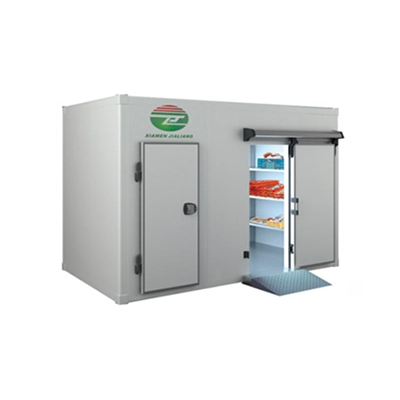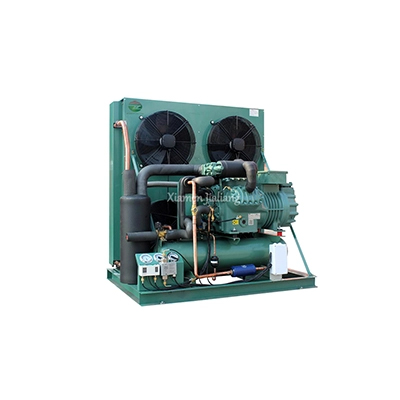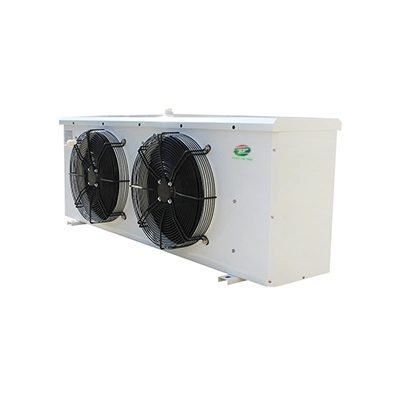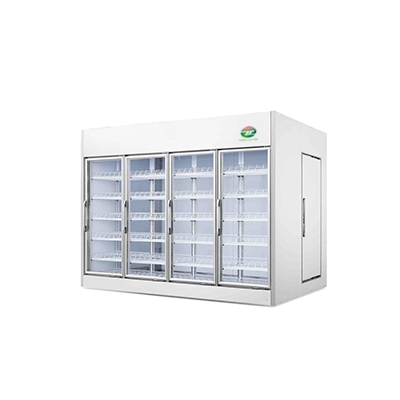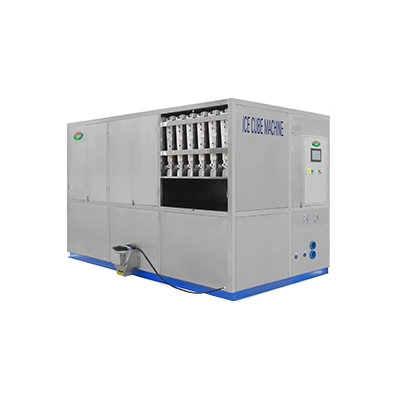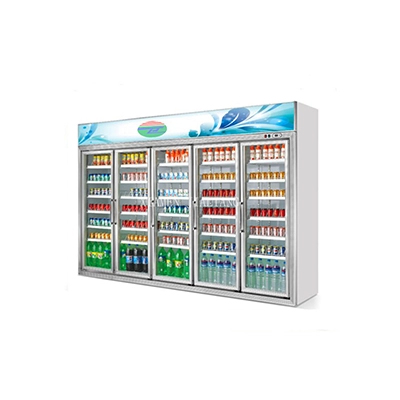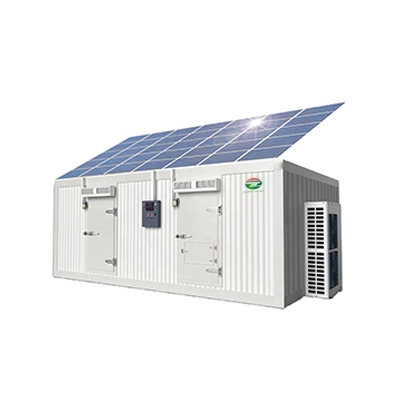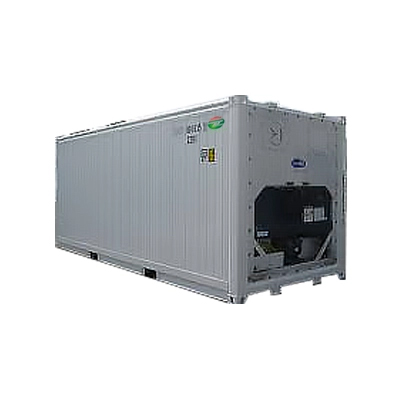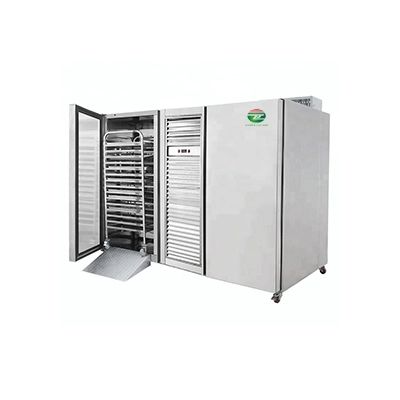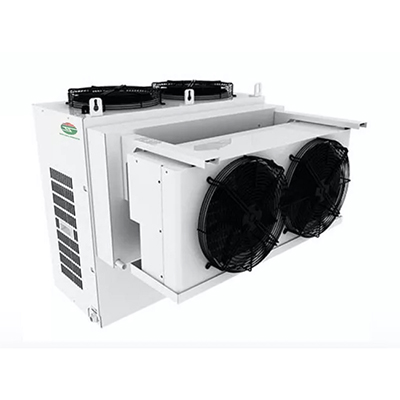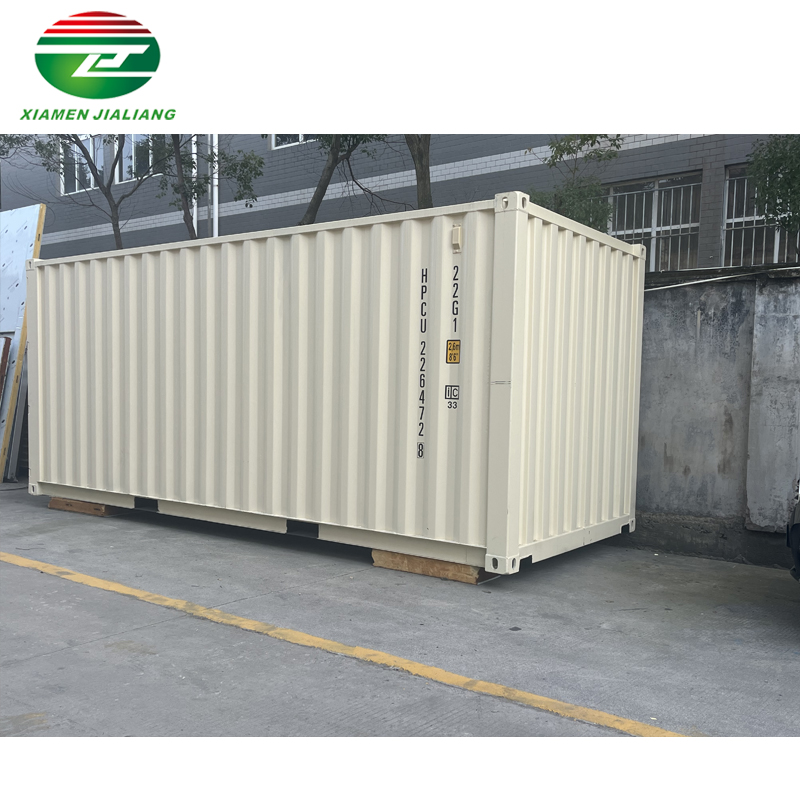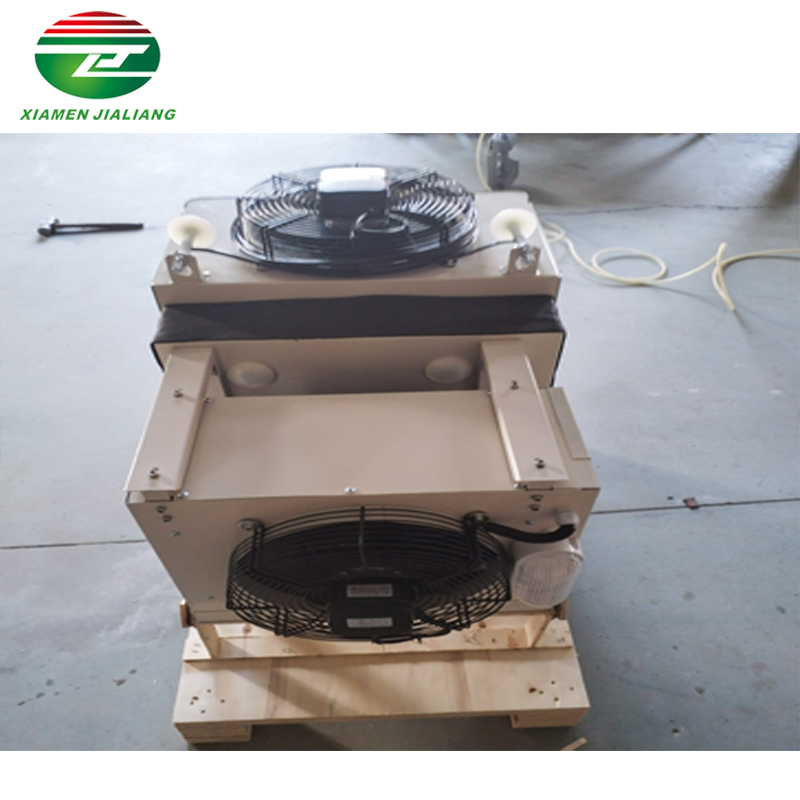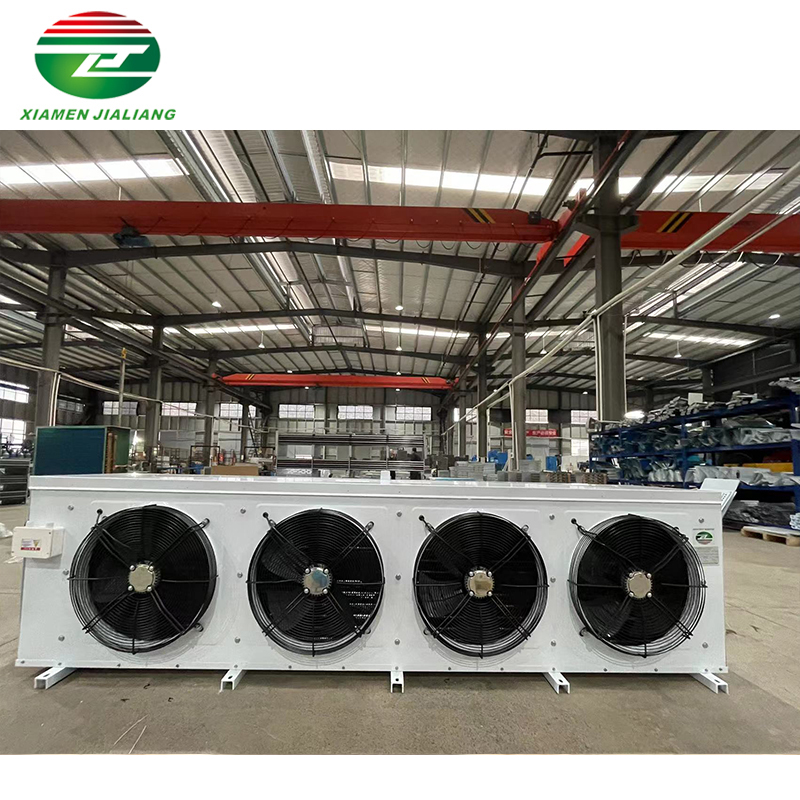The Importance of Cold Storage: Freshness Guarantee in the Food Industry
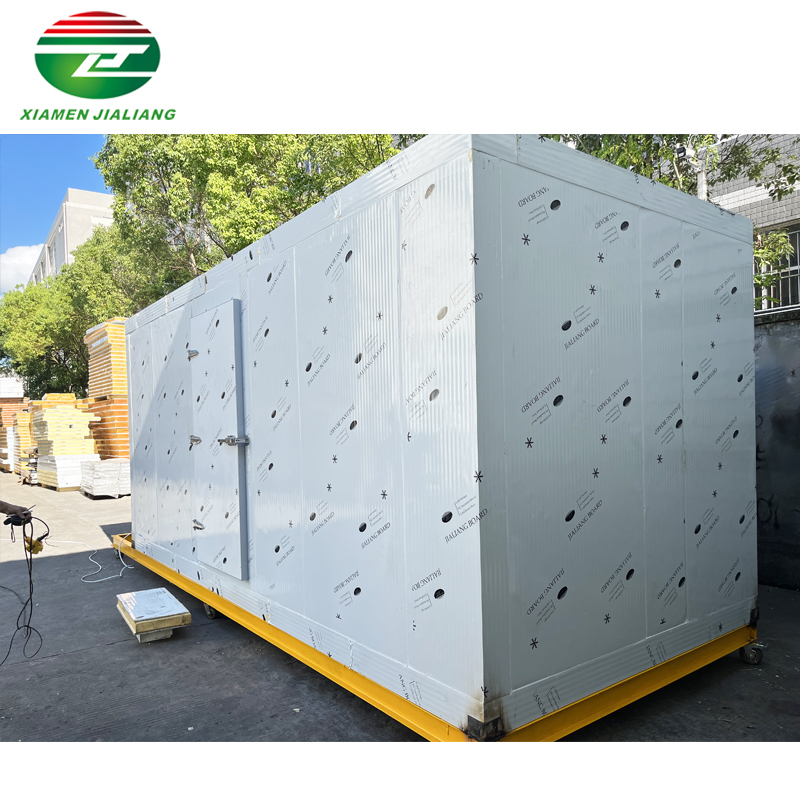
In the fast-paced and ever-evolving food industry, maintaining the freshness and quality of perishable goods is of utmost importance. This is where cold storage comes into play, providing a crucial solution for preserving food products and ensuring their freshness guarantee. In this article, we will delve into the significance of cold storage in the food industry and explore the various benefits it brings. From extending the shelf life of products to minimizing food waste, we will uncover how cold storage plays a vital role in meeting the demands of consumers and businesses alike. Moreover, we will also delve into the different technologies and practices employed in cold storage facilities, shedding light on the innovative methods used to maintain optimal conditions for food preservation. Whether you are a food manufacturer, distributor, or consumer, understanding the importance and impact of cold storage in the food industry is essential for ensuring the delivery of safe and high-quality products.
Benefits of Cold Storage in the Food Industry
Cold storage plays a crucial role in the food industry, offering numerous benefits to both producers and consumers. One of the primary advantages of cold storage, also known as a cold room, is its ability to extend the shelf life of perishable food items. By maintaining low temperatures, cold storage inhibits the growth of bacteria and slows down the natural decomposition process, ensuring that food stays fresh for longer periods.
In addition to prolonging the shelf life, cold storage also helps to preserve the nutritional value of food. Many vitamins and nutrients are sensitive to heat and can be easily destroyed when exposed to high temperatures. By storing food in a cold room, these delicate components are protected, ensuring that consumers can enjoy the full nutritional benefits of the products they purchase.
Another significant benefit of cold storage is its role in preventing food waste. With the increasing demand for fresh produce and perishable goods, it is crucial to minimize losses due to spoilage. Cold storage facilities enable food producers to store surplus items during times of high production and release them into the market when demand is high. This helps to balance supply and demand, reducing the likelihood of food waste and ensuring that consumers have access to a wide variety of fresh products throughout the year.
Cold storage also plays a vital role in ensuring food safety. By maintaining low temperatures, cold rooms prevent the growth of harmful bacteria, such as Salmonella and E. coli, which can cause foodborne illnesses. This is especially important for products like meat, dairy, and seafood, which are highly susceptible to contamination. With stringent food safety regulations in place, cold storage provides a necessary tool for producers to comply with these standards and deliver safe products to consumers.
Furthermore, cold storage facilitates the transportation of food over long distances. With the globalization of the food industry, it is now common for products to be transported across countries and continents. Cold storage facilities ensure that food remains at optimal temperatures during transit, preserving its quality and reducing the risk of spoilage. This allows consumers to enjoy a diverse range of food options, regardless of their geographical location.
Cold Storage Technologies and Practices
Cold storage technologies and practices play a crucial role in preserving and maintaining the quality of perishable goods. With the increasing demand for fresh produce and temperature-sensitive products, businesses are relying on cold rooms to store and protect their inventory. A cold room is a controlled environment designed to maintain specific temperature and humidity levels, ensuring that the stored items remain at optimal conditions.
One of the key benefits of using cold storage technologies is the extended shelf life it offers to perishable goods. By keeping the temperature low, bacteria growth is slowed down, preventing spoilage and extending the freshness of the products. This is particularly important for industries such as agriculture, pharmaceuticals, and food processing, where maintaining the quality of the products is of utmost importance.
In addition to temperature control, cold storage technologies also provide precise humidity regulation. Humidity levels can greatly impact the quality and shelf life of certain products. For example, fruits and vegetables require a specific humidity range to prevent dehydration or mold growth. By controlling the humidity levels in a cold room, businesses can ensure that their perishable goods remain in optimal condition.
Cold storage technologies have evolved over time, with advancements in insulation, refrigeration, and monitoring systems. Insulation plays a vital role in minimizing heat transfer and maintaining a consistent temperature inside the cold room. High-quality insulation materials, such as polyurethane foam, are commonly used to achieve maximum thermal efficiency.
Refrigeration systems are another crucial component of cold storage technologies. These systems utilize compressors and refrigerants to remove heat from the storage area, keeping the temperature at the desired level. Energy-efficient refrigeration systems not only contribute to cost savings but also reduce the environmental impact.
Monitoring systems have also become an integral part of cold storage technologies. These systems enable real-time monitoring of temperature, humidity, and other critical parameters. In the event of any deviations from the set parameters, alerts can be sent to the relevant personnel, allowing for quick intervention and prevention of potential damage to the stored goods.
Conclusion
Cold storage is crucial in the food industry as it helps extend shelf life, maintain nutritional value, reduce food waste, ensure food safety, and enable the transportation of perishable goods. The demand for fresh and high-quality food is growing, making cold storage facilities essential for meeting consumer needs year-round. Businesses that deal with perishable goods must utilize cold storage technologies and practices to ensure product longevity and quality. The use of cold rooms with precise temperature and humidity control, along with advancements in insulation, refrigeration, and monitoring systems, allows businesses to optimize their cold storage facilities for maximum efficiency and cost-effectiveness. Embracing these technologies and following best practices enables businesses to meet the increasing demand for fresh and high-quality products in today's competitive market.

